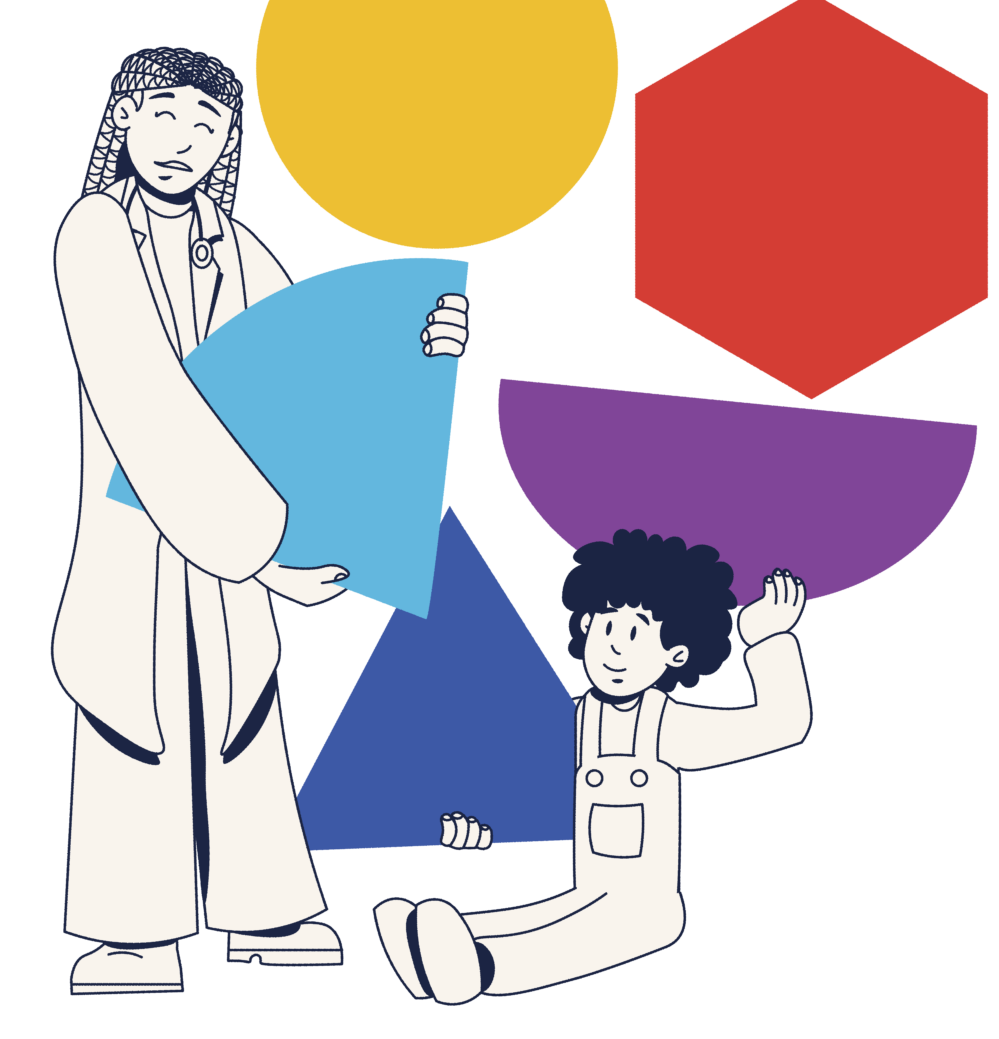Last night a friend posted about making the important decision to have a preventative mastectomy because she held a 1 out of 3 chance of developing breast cancer. Always grateful for others opening the door to health education through their own brave stories, I was simultaneously happy for her and then selfishly filled with a familiar twinge of dread as 1 in 3 danced on repeat in my head. 1 in 3 chance…

You see, each of my two children live with a 1 in 3 chance of needing a pediatric liver transplant because while they definitely do not share their toys, they do share the same genetic disease. Although their chronic disease will impact them at different stages throughout their lives, on “normal” days I rarely process their potential realities until these completely benign triggers catch me off guard.

People often check in and ask how we are doing, and my go to reply is fine, okay, or well. Then I catch myself saying – “for now…” Was I in denial? Am I doing fine? Are we? Are they? We are fine. Many days we are even – Amazing– dare I say. And most days I remember their unique predicaments only long enough to feel a touch of extra guilt if I yell at them to stop fighting, or to get their shoes on (for the 10th time). However, last night this simple post sent me into a tailspin of familiar panic. After spending the next two hours of my night reviewing their last scans and appointment notes, frantic I might be forgetting something, I contemplated – Maybe I am not “OK.” But maybe I am…
Maybe I am as okay as mothers and humans are in general anyways. However, that doesn’t mean I am not affected. I think the two are worthy of distinction. My children’s disease affects my life. It affects my choice of employment; it affects our finances; it affects my anxiety when they get sick with even a minor cold; it covers me in annoying mama bear armor; it affects my compulsion to say “I love you” no less than twenty times a day, and it affects my sleep as I stay up late sometimes worrying, researching, and questioning: Is there more I can do to protect them?
Of course, worry in parenthood is not isolated to parents of children with chronic disease. If it wasn’t chronic disease, there is always something else for me to still worry about. What camps will they get into this summer? Is my child doing well at school? Will people show up to their birthday party? Are their friends nice to them? Are they nice to their friends? Whose turn was it to pick up carpool tomorrow? Why is lacrosse scheduled during my turn for dance carpool? What are we eating for dinner? Was it picture day today – oh well too late. Are they happy?
I doubt anyone became a parent assuming they would now live a worry-free existence. Parenthood affects us. It doesn’t define us, but it shapes us. However, we can worry about all these parenthood things, and still be okay, fine, and well, even if we are affected.
Being a caregiver of children with chronic disease affects my life- It affects their lives. It doesn’t define us, but it shapes our perceptions, thoughts, and actions. It can be comforting to embrace a place of being “okay… for now,” but also be “affected… for always.”
Ten mental health resources tailored to chronic disease caregivers and care partners:
Family Voices:
Family Voices is a national organization that aims to achieve family-centered care for all children and youth with special health care needs and/or disabilities. They have various publications and resources that may help parents. [Family Voices Website]
National Alliance for Caregiving:
This organization offers resources and support specifically for caregivers, which can include parents of children with chronic diseases. [National Alliance for Caregiving Website]
Well Spouse
Well Spouse Association provides support and resources to people of all ages who care for partners with chronic illness or disability. [Well Spouse]
Caregiver Action Network (CAN)
CAN provides education, peer support, and resources to family caregivers across the country free of charge. [Caregiver Action Network Website]
Courageous Parents Network:
A non-profit that provides educational and emotional support for parents of children with life-limiting illnesses.[Courageous Parents Network Website]
PACER Center: Parent Advocacy Coalition for Educational Rights
The PACER Center offers a wide range of informative materials, programs, and workshops to improve the mental health and well-being of parents and their children with disabilities. [PACER Center Website]
National Institute of Mental Health (NIMH)
NIMH offers a variety of information on the stress of caregiving and mental health problems related to the same. Resources provided can help parents understand their own mental health needs. [National Institute of Mental Health Website]
US Pain Foundation
The Pediatric Pain Warrior Program assists children and their families in finding support, resources, and community. This program offers in-depth retreats, family summer camps, and events, featuring expert speakers, workshops, and more. [Pediatric Pain Warriors]
Starlight Children’s Foundation
Starlight Children’s Foundation provides programs that offer entertainment, education, and family activities that can help the mental health of chronically ill children and their parents. [Starlight Children’s Foundation Website]
Complex Child E-Magazine
Complex Child is an online monthly magazine written by parents of children with special healthcare needs and disabilities that provides articles on a variety of topics, including coping and mental health [Complex Child E-Magazine Website]
Looking for more resources? Check out our new Infusion Access Wizard!
Written by Krista Hager, Director of Marketing and Communications








